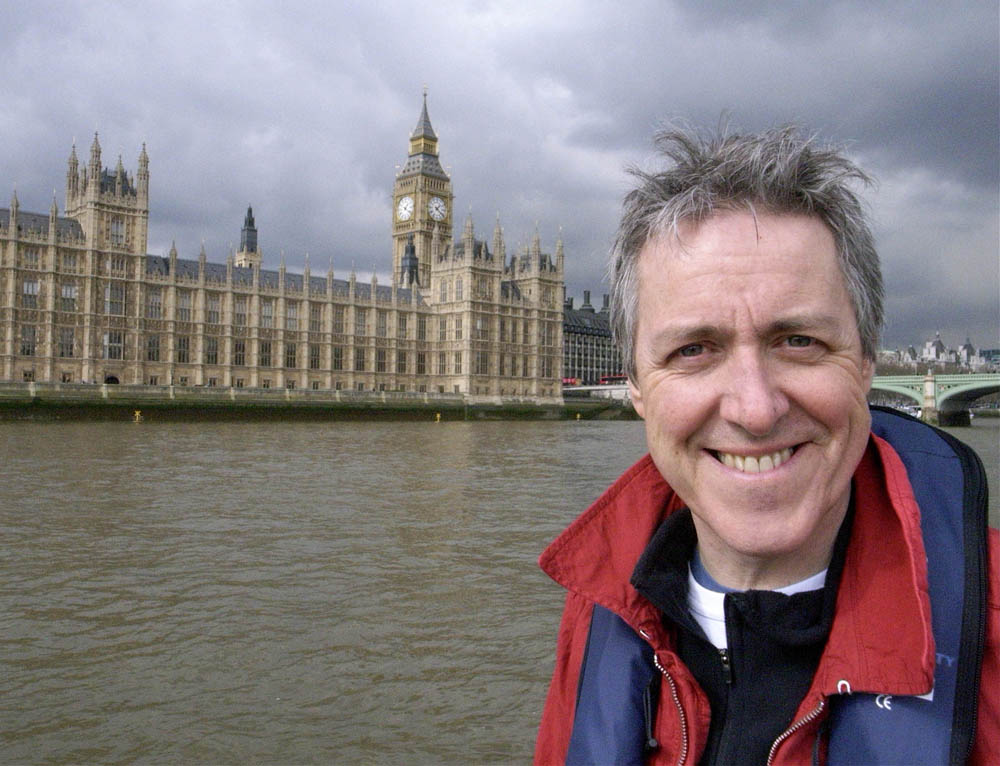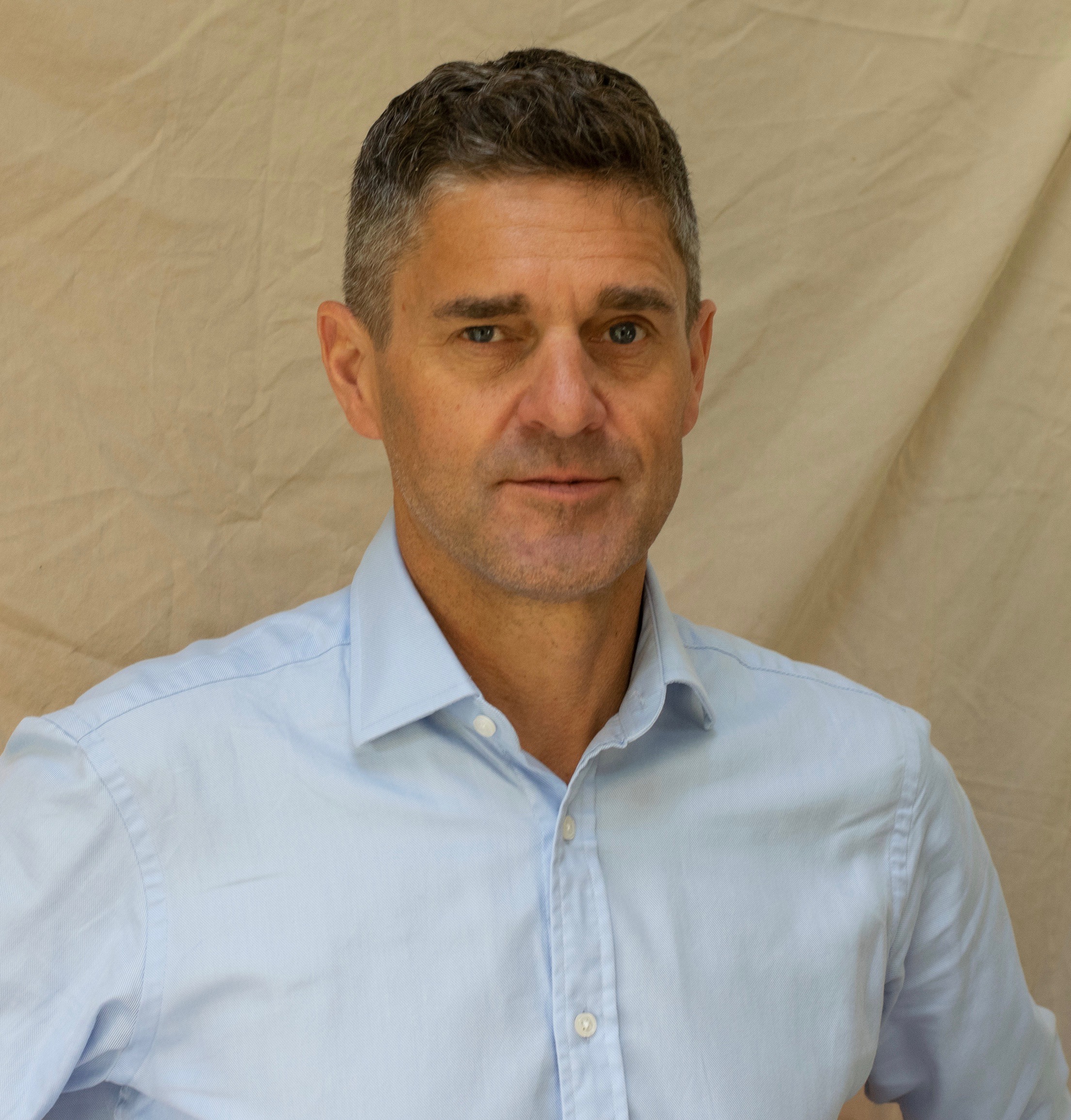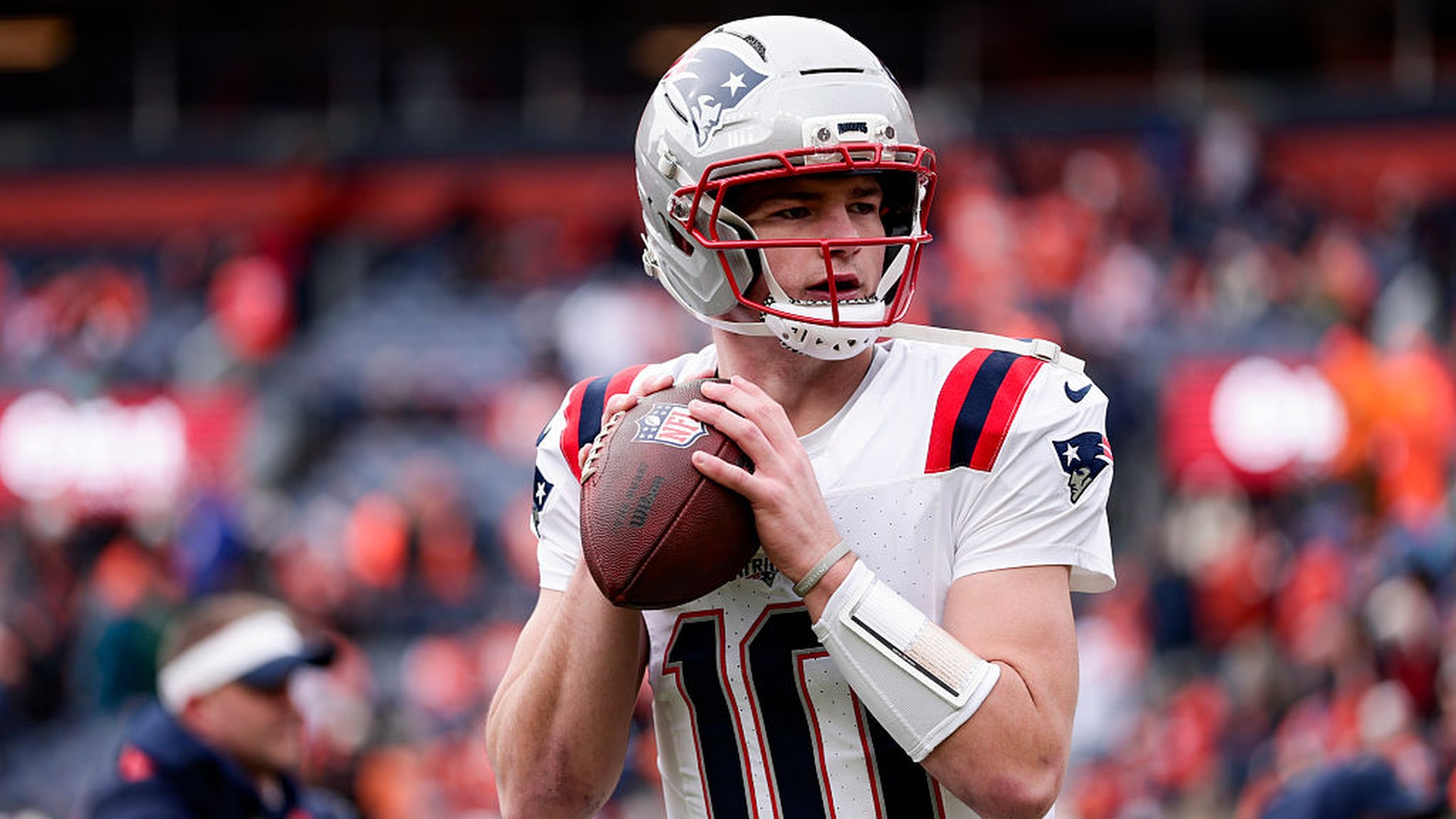Face to face with Griff Rhys Jones

The latest updates, reviews and unmissable series to watch and more!
You are now subscribed
Your newsletter sign-up was successful
Want to add more newsletters?

ONCE A WEEK
What to Watch
Get all the latest TV news and movie reviews, streaming recommendations and exclusive interviews sent directly to your inbox each week in a newsletter put together by our experts just for you.

ONCE A WEEK
What to Watch Soapbox
Sign up to our new soap newsletter to get all the latest news, spoilers and gossip from the biggest US soaps sent straight to your inbox… so you never miss a moment of the drama!
He's climbed every mountain. Now the comic and his dog Cadbury travel the country's rivers in a canoe for the documentary, Rivers, on BBC1 on Sunday, July 26. But what does he love and loathe about the nation's waterways? What made you want to do a series about Rivers? "It was a sense of, where do we go after Mountains? I was pretty interested in the idea. Rivers have an extraordinary history. In the Middle Ages it was 20 times cheaper to do transport by river than by road. Business with rivers was extremely important historically to the country. We also look at the geology, how when they were glaciers they carved their way through the landscape." What sparked your interest in canoeing? "A long time ago, I went on the Dordogne for a holiday with the kids. We hired some canoes and went for a paddle, and I remember thinking this is just fantastic, it’s a beautiful way to go travelling. So I went home and I bought some canoes, the canoes you see in the programme. We live on an estuary in Suffolk because I sail a little boat, but our nearby river, the Stour goes though Constable country. So we spent a summer canoeing and I thought, I’ve never been anywhere more beautiful in Britain." Did you encounter any problems? "They tried to close the Stour in the 1970s to any form of navigation because the Water Authority uses it as a sort of huge open pipe. This river is actually being used for drinking water. There’s a tiny percentage of all the rivers in England and Wales that you’re actually allowed to canoe on. It’s illegal. Private fishing clubs or farmers own them, and you can only travel down British rivers by permission of the owners. Go to Matlock and there’s an area about three miles long where you can canoe, the rest of the 20 miles you can’t!" What did you enjoy least about filming the series? "One of the things that’s a bit problematic for me is I spend an awful lot of time in this film wearing an unbecoming lifejacket and a silly helmet. It makes me look a bit of a prat." Your dog Cadbury accompanies you in the boat. Does he have a lifejacket? "He does, yes. The point of Cadbury’s lifejacket is that people are always jumping in after their dogs, and they drown and the dog gets out. He can swim perfectly well but it’s got a handle on the back of it. He did fall in on several occasions, particularly in Worcester, or Shrewsbury. But when he did, I could just reach in and grab him by the handle and pull him like a huge wet suitcase up on the bank." You spend a lot of time in the water... "There’s a lot of that, as you can imagine. There were several sequences which didn’t make it in in which I get even wetter. I kayaked in Matlock, I capsized five times in a row. Maybe they thought it was too much for an audience to witness." What was the most uncomfortable dip? "The most terrifying bit of it was the swim through Perth in November. I’m sitting in this dinghy, and freezing already before I get in the water. It was so cold. We swam about 15 minutes, which was long enough!" Why didn’t you do The Thames? "The Thames has already been done, so we did the Lee which starts in Luton. That was one of the most fascinating trips, coming into London by the back door, and seeing all these extraordinary things like the royal gunpowder mills. We came down through Enfield where they also made Enfield rifles. The Lee was one of the first navigable rivers. It was the first river that Parliament said it has to be kept navigable." What’s your favourite river? "The Tay in Scotland is one of the most beautiful experiences I’ve ever had: the most beautiful scenery and places." Why should we be aware of our rivers? "Mentally and socially these are beautiful places, they are great wondrous natural corridors through the countryside or the town. That is their value to us as a society. And although people say, 'we don’t want people on the river, we’ve got to fence it off, it’s too dangerous', if we allow that attitude to take over, it’s partly because we are not in contact with those rivers as a society. So it’s good to be aware of them and realise what a fantastic thing they are. They’re there for everybody, and if there is a value it is that everybody knows about them." We heard you had a set back writing your book when the boat you were working aboard caught fire. Were you terrified? "No, not at all! I was standing there holding my computer, thinking: ‘Someone get a fire extinguisher.’ The boat was on fire all the way through. I was thinking: ‘I can throw my computer into the lifeboat and it doesn’t matter what happens then. I can jump in and swim away.’ But then I realised they thought the boat was going to explode, so I put it down and jumped in. It was more slightly irritated, and not at all thinking we’re all doomed. I’d written a first draft and then started fiddling. After all that, the deadline’s been brought forward!"
The latest updates, reviews and unmissable series to watch and more!
Patrick McLennan is a London-based journalist and documentary maker who has worked as a writer, sub-editor, digital editor and TV producer in the UK and New Zealand. His CV includes spells as a news producer at the BBC and TVNZ, as well as web editor for Time Inc UK. He has produced TV news and entertainment features on personalities as diverse as Nick Cave, Tom Hardy, Clive James, Jodie Marsh and Kevin Bacon and he co-produced and directed The Ponds, which has screened in UK cinemas, BBC Four and is currently available on Netflix.
An entertainment writer with a diverse taste in TV and film, he lists Seinfeld, The Sopranos, The Chase, The Thick of It and Detectorists among his favourite shows, but steers well clear of most sci-fi.


